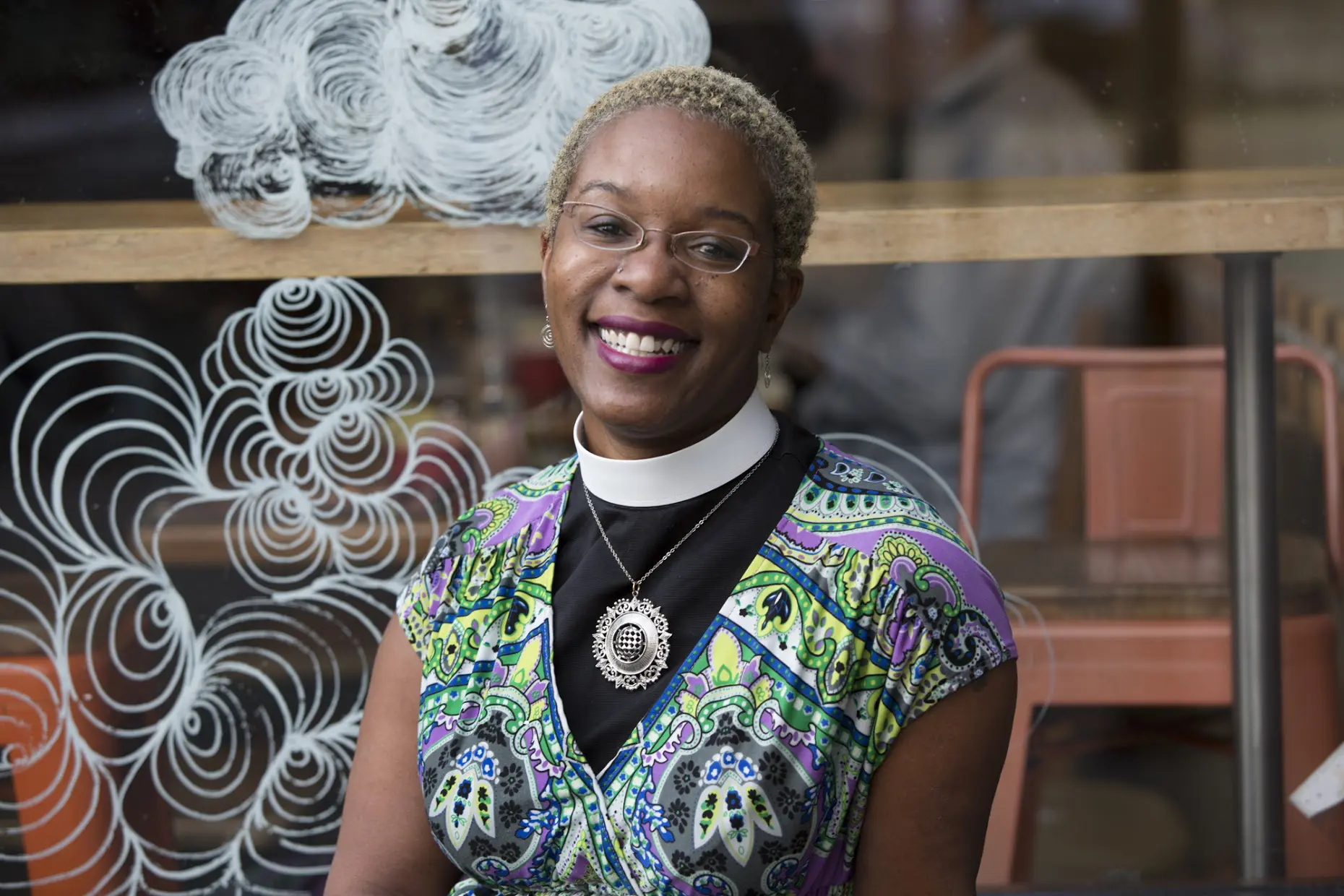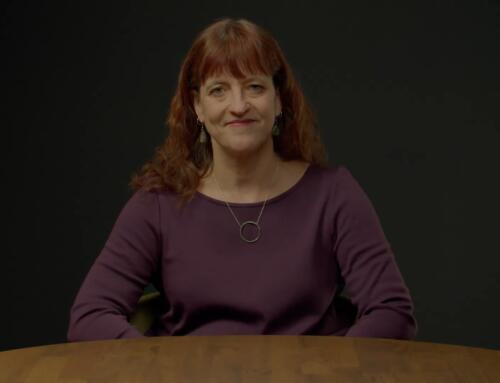There are any number of provocative stories and images tucked into chapters 4 and 5 of Acts. I’d like to dwell for a moment with Acts 4:32-Acts 5:11. Specifically, with these lines: “There was not a needy person among them, for as many as owned lands or houses sold them and brought the proceeds of what was sold. They laid it at the apostles’ feet, and it was distributed to each as any had need.”
This vision of self-sacrifice and other-directed care runs throughout the book of Acts. It’s clearly not an easy choice: notice Ananias and Sapphira, who lied and kept some of the proceeds from selling their property. But radical generosity is clearly the choice God wants God’s people to make: notice how quickly the selfish couple gets struck down, apparently by none other than the Holy Spirit.
I don’t suppose the choices are any easier for us today. We share deep concern for the plight of refugees, undocumented immigrants and vulnerable people. We honor the spirit of generosity, love of neighbor and communal concern that grounds all of Christian life. But let’s face it: we make exception after exception in practice because it’s so counter-cultural and just plain hard. Have you been in the room when someone brings up socialism or commonly held property? Most Americans push the very idea aside as anathema, as if there’s no way we could take such extremes seriously.
But what if we did? What if we took God at God’s word, saw the Acts community not as a naïve, misguided experiment but as a vision of selflessness and faithfulness that inspires every Christian? I’m not saying I know how to do this. But some Christians have, you know. They didn’t live in less complex times. They simply took God seriously. And it changed everything.
Archbishop William Temple stands out for me as one of those figures. He served as Archbishop of Canterbury, head of the Anglican Communion, during World War II. Throughout his ministry, Temple carried the church of the empire over to side of the most poor, most oppressed, most reviled. He saw the desperate condition of workers and used his post as Bishop of Manchester to mediate a coal strike. He wore the badge of Christian Socialism with pride, and urged any good Christian to do the same.
Temple saw the virulent, easy anti-semitism of the British people, and he co-founded the National Council of Christians and Jews. And when his nation hesitated to receive Jews and other refugees fleeing extermination across Europe, he made this statement to parliament:
My chief protest is against procrastination of any kind. … The Jews are being slaughtered at the rate of tens of thousands a day on many days. We at this moment have upon us a tremendous responsibility. We stand at the bar of history, of humanity and of God.
Temple was clear: no nation with a heart, no people who call themselves Christian, no one who worships the God of mercy, could say no to refugees fleeing the Nazi scourge. Oh, he heard the complaints: This isn’t reasonable. Shouldn’t we care for our own first? Did we cause their suffering? Why risk our prosperity to take care of them? Temple kept returning to the only question that matters: What does the love of Jesus bid us to do now?
And when good Christian folk still held back and asked, “What does all of this have to do with the church any way?” Temple’s answer rang through the ages: “The Church is the only society that exists for the benefit of those who are not its members.” In other words: Jesus gave his life for love of the world. How can those who call themselves by his name cling to our money, homes or national boundaries, when vulnerable ones are knocking at the door? If we’re not giving our lives away, are we truly following Jesus?
I don’t pose these questions as if the answers are simple. They are not. All I know is, once upon a time, the followers of Jesus believed no one in or near their diverse circle should be needy, hungry or homeless. Christians built our lives around the conviction that no stranger should stand unwelcome at the door. Every now and then, we Christians were forced to recommit to that way of life. Well, today we stand at a moment, “at the bar of history, of humanity and of God.” What does the love of Jesus bid us to do now?
Amen.





